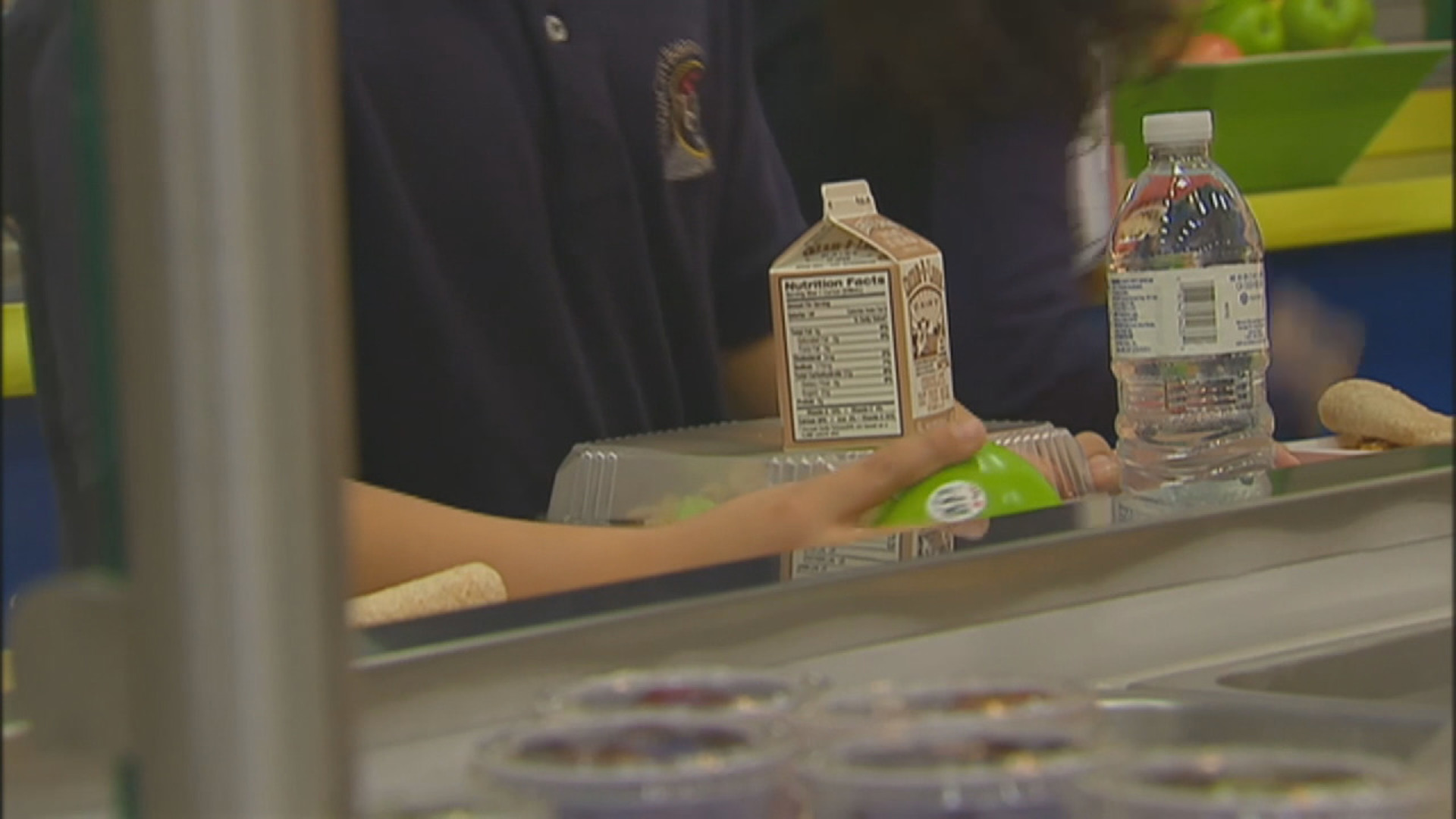HARRISBURG, Pa. — A new study from the Pennsylvania Department on Crime and Delinquency outlines a growing trend of food insecurity among students entering the new school year.
According to the 2023 Pennsylvania Youth Survey, around 1 in 5 students (20%) have reported feeling worried about running out of food at home. In 2021, that number was just 9% of students. The survey also found that 11% of students have skipped one or more meals due to financial concerns in their family.
Tara Davis, the senior vice president and chief programs officer with the Central Pennsylvania Food Bank, said the survey reflects the growing demand for its services.
“We’re actually seeing numbers now that are in comparison to the peak of the pandemic," said Davis.
Since 2019, the Central PA Food Bank has seen a 45% increase in the number of kids using its school breakfast program. Davis attributes the increase to the rise in grocery prices and the ending of the expanded child tax credit.
“All of our pantries are seeing that; they’re seeing their lines increase," said Davis. "So, we’re in need of additional food resources and additional funding to be able to support all of those needs.”
Last year, the 2023-24 Pennsylvania State Budget reintroduced universal free school breakfast for students, which Davis believes will greatly help students in need.
Meanwhile, the West Shore School District will be providing one free breakfast and lunch to students at all 14 of its schools, regardless of socioeconomic background, beginning this school year. The district's program is through Community Eligibility Provision of the National School Lunch Program.
“Food is a basic need. We all need to eat," said Dr. Ryan Argot, director of federal programs at the West Shore School District. "If [students] aren’t going to have breakfast or lunch, then they’re not going to be interested in learning.”
Dr. Argot said the program already provided 800 more meals to students on the first day of school compared to the start of last year.
“We don’t have to worry about whether Johnny can afford [to eat] or not," said Dr. Argot. "They’re going to eat with their peers and have the same opportunities the rest of their classmates do.”
School leaders say continued advocacy for expanding programs like this will be needed to ensure that all students have access to food in PA.
“It’s important to be able to paint that story and explain to people what those daily struggles are that families are seeing," said Davis.

